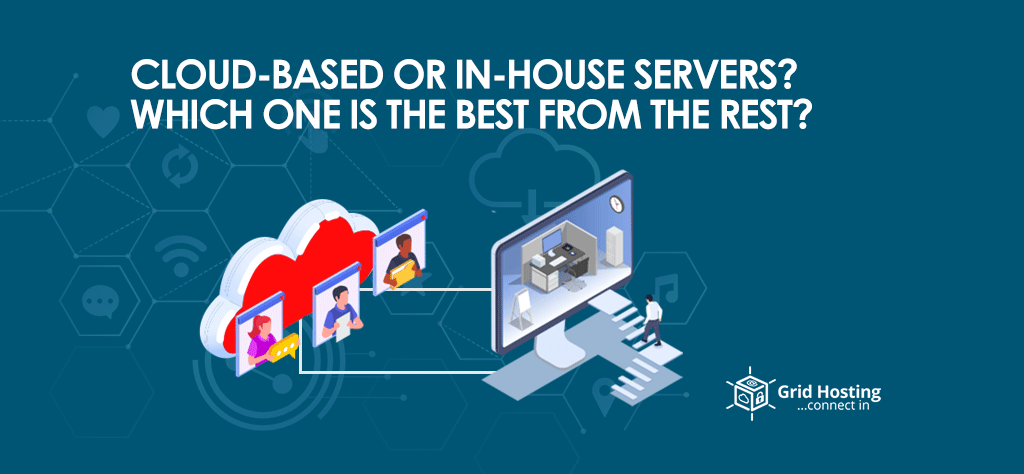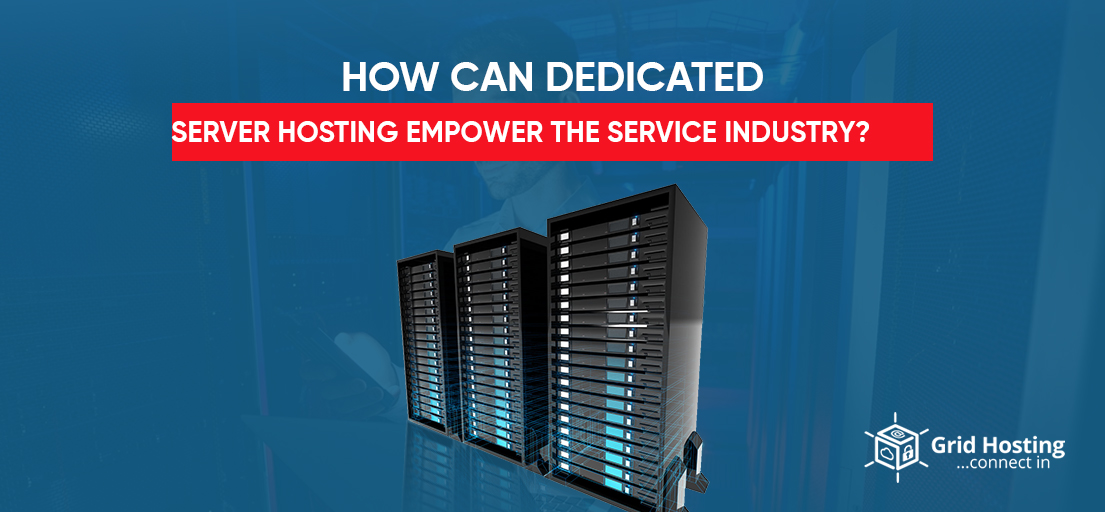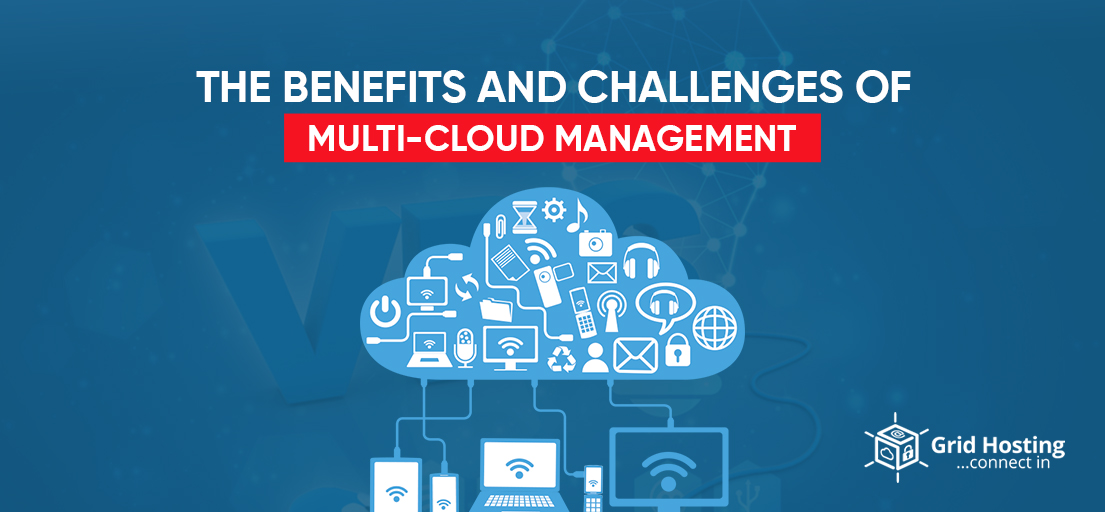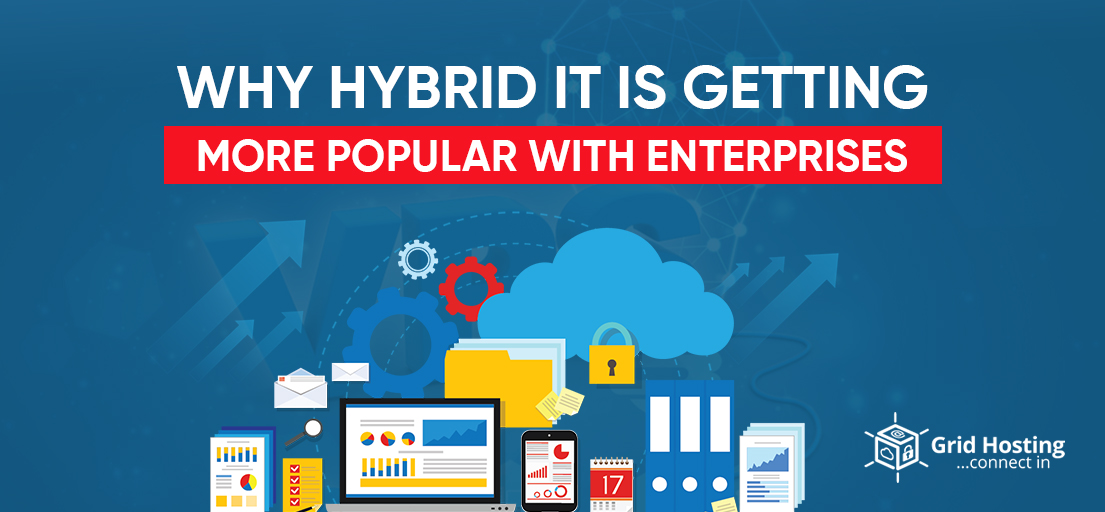There has been rapid growth in the digital world that led to the evolution of the way of doing business. These days everyone is going online to market their business and get ahead of their competitors. Ultimately every firm is trying to update its server to improve the user experience by offering high-speed and quick responses.
Here some organizations are confused between cloud-based servers and in-house servers. Both have their own pros and cons making it tougher for you to decide which one you should go for to improve your online business. Before moving further, it is important for you to know why there is a need for servers.
Why businesses need a server
When your business starts growing up it asks you to purchase mover devices to manage daily affairs. Here organizations can boast about their productivity and streamline their operations by having a server.
Severs help in storing, the data and delivering it to the workstations. They are stronger than a typical workstation offering higher security and backup tools.
Additionally, servers offer
- Defense against threats
- Protection against disaster
- Compliance with industry requirements
- Secure remote access
Now that you have recognized the importance of servers for businesses. Let’s move towards Cloud-based servers and in-house servers with their advantages and disadvantages.
When it comes to the selection of a server there are multiple factors to consider. Amongst all uptime is a promising factor for your business. Additionally, the purpose of both servers is the same which includes performing some basic tasks such as sharing, data and protecting sensitive information. However, the differences in the user experience for both servers cost time and implementation
Although the in-house server is cost-effective as compared to the cloud server. However, its benefits can outrank the expenses for some organizations.
For instance, if your business relies on online transactions then uptime will be an extremely essential element. Therefore, paying some amount for a cloud server will not matter to you. On the other hand, if uptime is not an important factor then you can go for the in-house server which requires less cost.
Another important factor is the expansion of your setup. If your business is growing rapidly to different locations then a cloud-based server might be a good option.
Let’s move to the pros and cons of both servers
Cloud-Based Server
As the name speaks itself cloud server is like a virtual server. Which is hosted on the internet without asking you to buy additional hardware. All the information is available online which the owner can access from anywhere anytime having a stable internet connection.
Advantages of Cloud-Based Server
Enhanced Security
These days’ security is the bigger concern for organizations when their business relies on technology. Organizations use laptops, and computers to store their data on the internet. Which can be exposed to cybercriminals. They can send viruses to hack your system and steal all the data. Therefore, it is essential for online businesses to have a secure mechanism that can ensure data security.
Cloud service providers have an experienced team that is skilled enough to make sure that your data is safe from threats and attacks. Here you have to ensure that credentials provided by the cloud service team are confidential and that only you have the access to such sensitive data.
Expandability
Everyone starts a business with the intention to expand it over time. While your digital business might need more storage to save the data of new customers and employees. Here the cloud server can be helpful in this regard as it offers increased storage and enough computing power without hardware replacement hassles.
Reduced costs
Organizations strive hard to cut the extra cost and improve their operations. While your business grows you might need to purchase the software license. However, you don’t have to spend a single penny on the hardware.
A cloud server is advantageous for startups, allowing them to run quickly with significant cash outlay. In addition, the cloud service providers will only charge you for the specific service you are using.
Data Backup
Information is like oxygen for companies especially when they have gone digital. This information includes data of customers and personal details of employees. When it is available online hackers can access it and your company’s reputation might go down.
Having a cloud server, you don’t need to worry at all. The available information is encrypted and no one can access it rather than yourself. Therefore, you can have peace of mind that sensitive information about your company is saved online.
Remote access
A cloud server has a never-ending list of benefits for your organization. It offers you easy access to your information 24/7. You can check any file or specific folder from anywhere through a device and an internet connection.
Environment Friendly
We are living in an environment where there are industries and factories everywhere causing pollution and making the air harmful. Therefore, businesses need to play a role in corporate social responsibility by adopting eco-friendly business practices. Cloud base servers offer you the opportunity of contributing to an eco-friendly environment.
Once you have stored information over the internet the use of paper will be reduced minimizing the carbon footprint of data centers and making them green.
Disadvantages of Cloud-Based Server
Time-Consuming recovery process
Although cloud-based service ensures you can recover sensitive information with ease. However, it requires huge time for recovery therefore, you need to have a smooth internet connection.
Internet is a must thing
Organizations can access everything from their data through the internet when required. Here firms are dependent on the internet which means if the internet service of your cloud provider goes down you might not be able to access anything. Once the services are up you will be able to check your stuff.
Services failures
Services outages are common and you can’t do anything about them. Even the e-commerce giant Amazon and Facebook go down often times and you cannot have access to the applications which are not stored. Major cloud service providers ensure that you will have a 99% uptime.
In House Server
In-house refers to the premises which mean the in-house server is a server that is installed on your premises. It offers access to all the individuals working in the organization to the available information using local systems.
Advantages of In-House Servers
Absolute Control
Companies having in-house servers get total control over everything which includes updates, and backup offering you dominance. Moreover, you can tailor it to meet the requirements of your organization.
Compliance
When a company is using in-house servers it can keep sensitive information within the house. There is no open access to any other party towards this data. It is highly advantageous for any organization to have important information about its customer’s and employees’ personal data.
Independence
Contrary to the cloud servers, there is no internet dependency required in the case of the in-house servers. Even if there is any service outage and your internet is not working. You can still have complete access to your data through the servers.
Disadvantages of In-House Servers
Fewer options for data recovery
You can call it a disaster recovery as well which means in-house servers don’t withstand the worst cases such as natural disasters, they are more vulnerable to data loss.
Space Issues
An in-house server means you are physically deploying a whole network of devices for your business. Which require extra space, a safe location, and maintenance as well. You need to have a proper cooling system in place to reduce the heat of devices.
Additional cost
An in-house server requires huge costs as companies have to spend large amounts on expert IT staff, for hardware maintenance, licenses fee, and new updates. In addition, when things are not done automatically, they need your time.
Downtime
There is no guarantee regarding the recovery of your information when it comes to the in-house servers which make your business exposed to downtime.
You Might Also Like to Read: What is Cloud Computing? Importance, Types & Uses
Prominent Difference between the in-house and Cloud-based server
There is no need to confuse yourself in the selection of a relevant server. Often times you can go for a combination of both (Hybrid). In case you want to run a business with a limited budget cloud-based servers are a great option. On the other hand, companies can rely on the in-house servers to control everything and later on shift to the cloud for extra storage capacity.
However, it is important for the companies must adopt the types of servers in accordance with their needs. They should take into account multiple factors such as data transfer, security requirements, performance, etc.
For Special discounts and offers, visit our official Facebook Page.







